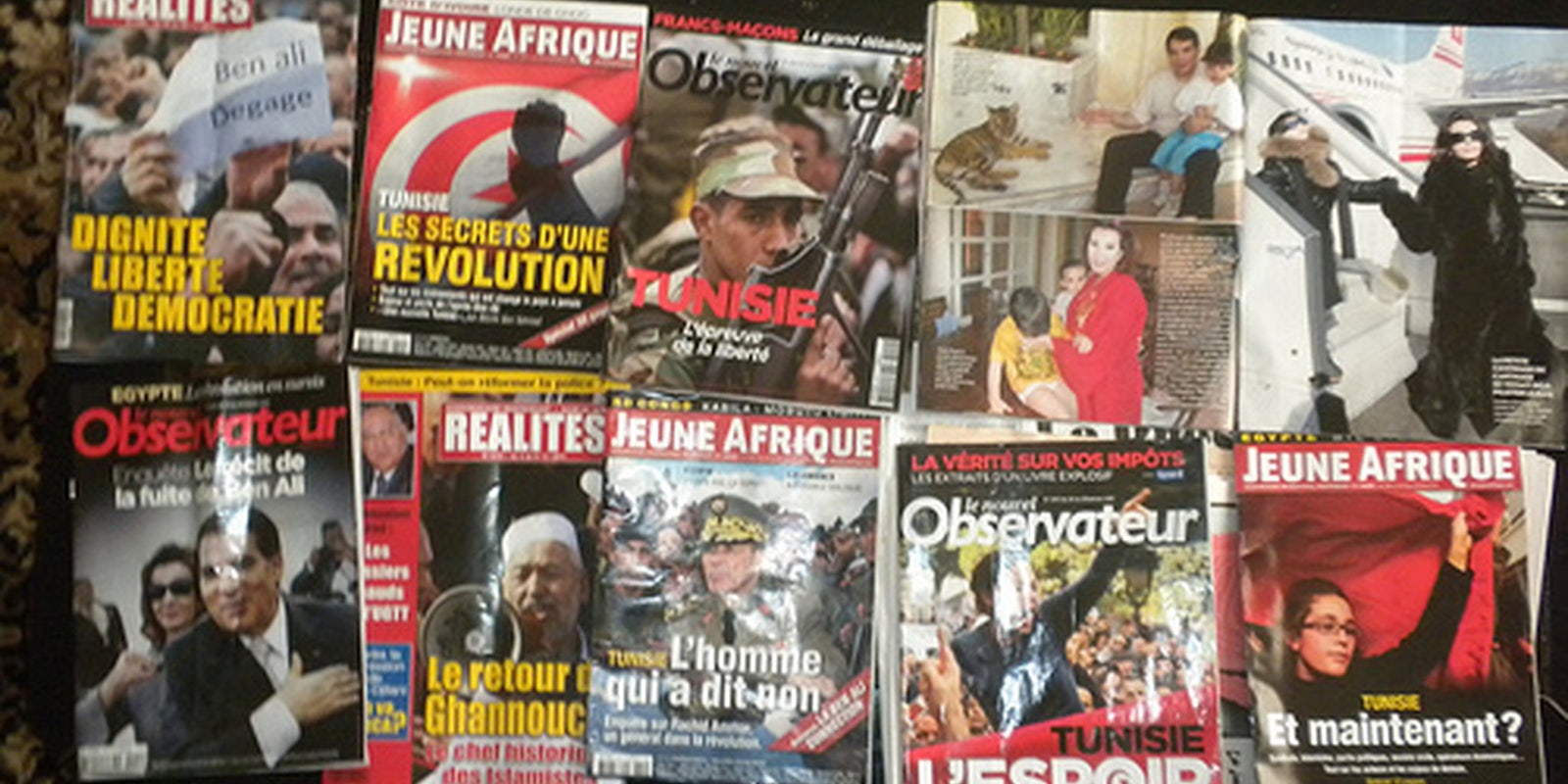There’s a widespread belief that Facebook “caused” or “fueled” uprisings in the Middle East and northern Africa earlier this year (with Facebook representing all forms of social media, as noted by Atlantic writer Rebecca J. Rosen).
The reality, according to a new article based on interviews with protest organizers in Tunisia and Egypt, is much more complex.
“The street revolutions that overthrew the presidents of Egypt and Tunisia in January and February had no Lenin or Trotsky; but two secretive Tunisians known as “Foetus” and “Waterman,” and their organization, Takriz, performed a remarkable and largely unknown role. Many groups helped remove Tunisia’s President Zine El Abidine Ben Ali after 23 years in power—students, unionists, lawyers, teachers, human rights activists, and online dissidents—and Takriz has links with all of these,” John Pollack writes in the September/October issue of Technology Review.
The impact of social media on Arab spring has been debated since protests began, and will likely be debated for several years to come. Pollack asserts, however, that efforts in Tunisia started in 1998, when Takriz was formed to advocate for free speech and started efforts to move more people online. As late as 2008, just 3,000 Tunisaians were on Facebook; by the start of this year’s riots, that had jumped to 1.97 million, or more than half of the country’s entire population.
“New research finds that social media was important in #Arab Spring but not everything; take note MSM,” independent journalist Anthony Lowenstein noted in a tweet.
Organizers said social media was crucial to the uprising success, with protesters using everything from FourSquare to broadcast their location when they were arrested to YouTube to broadcast videos and fuel popular support.
“We were online every day, and on the streets pretty much every day, collecting information, collecting videos, organizing protests, getting into protests,” Foetus told Pollack. But his article also stresses that none of that would have been possible without years of earlier efforts. And that assertion isn’t necessarily sitting with social media disciples who want to give all the credit to Facebook and Twitter.
“Simplistic nonsense,” self-described anarchist Mark Malone tweeted in response to Rosen’s reflection on Pollack’s article.
Others were a bit more temperate in their comments, noting that “Facebook had been the GPS of the revolution” but a variety of factors had to come together for its success in Tunisia and other countries.
“Without the street there’s no revolution, but add Facebook to the street and you get real potential,” Mark Lopez noted.
Image via Khaled Abdelmoumen


